LANGUAGE AND LITERATURE
Language acts as the bridge where we get messages.
a) Features of language used in literature
It is imaginative in nature
The language used in literature creates mental picture in the readers’ mind. When the reader reads, he or she can have a picture of something. This is done by figures of speech such as exaggeration and metaphor.
It does not follow the standard rides of grammar
This means that any writer of fiction or literary work is free to violate the rides of grammar to convey a certain intention.
It is symbolic in nature
In literature words are used to presents a certain idea or something. Example, in YOUR PAIN, the word ‘blood’ symbolizes sacrifice.
b) Relationship between literature and language
Literature uses language as a medium to present the intended
The artists must possess a wide range of vocabularies and a goal command over appropriate occasion and right that express the meaning intended.
Language is used to influence other peoples’ minds
The functions of the spoken words are not only conveying meanings, but also influence peoples’ minds. It makes them alert with the aim of bringing the changes in the society for the betterment of the people.
Language is used to arouse emotions
It can be for pleasure and enjoyment to convince, persuade, and arouse emotions such as pity, terror and sorrow. Through language (words) people can enjoy or being sad.
Language is a part of Literature
We cannot have literature without language. It is therefore, necessary for people who compose literary works to use language of the society to convey the intended message to the audience. For example, if the artist wants to communicate the message to Tanzania, they are forced to use Kiswahili that is understood by majority.
Literature is used to develop Language Vocaburaries
This is through reading, listening, speaking and writing.
Language makes literature a work of art
When language is used artistically is called literature. The language of literature is creative, imaginative, and symbolic in nature.
Literature is both stored in either written words and presented in reading while stored in human memory. Also, presented through the word of mouth. Through a language, the audience understood.
c) Differences between ordinary and literary language
> Ordinary language is the most common, every day usage of the language among people. It is used on daily basis among the people while; literary language is the figurative form of language that is often used in literature. It is used only in literary
> Ordinary language follows the normal word order (syntax). It is formal standard syntax while; literary language word order may be changed according to the writer’s style to suit the literary effect.
> Ordinary language may or may not have figures of speech while; literary language is rich in figure of speech that make it figurative.
> Ordinary language is straightforward and thus easy to understand the meaning conveyed while; literary language is difficult for the ordinary man who does not know the literary techniques to understand the It may have two or more layers of meaning.
> Ordinary language, its words have their original Its meaning is clear thus no ambiguity is experienced while; literary language, its words acquire new meanings. A literary work can be read under multiple interpretations.
d) Factors for using foreign languages in African literature
Underdevelopment and un-development of African languages
Writers cannot write in languages that have not been developed to have a written form or languages that have not been developed to the level at which they could be used in literature.
Absence of government language
In Africa, there are no government policies that could encourage the use of African languages in literature.
Lack of promotion of African languages in employment and education
There is no African country where a credit pass in an African language is a criterion for promotion in the civil service, admission to university or employment.
The issue of multilingualism
It is estimated that there are 2035 African languages at present. This situation is possibly responsible for the lack of government policies that could encourage the use of African languages in literature.
The cost of developing African languages
To develop a language is capital intensive. It is therefore difficult to develop all the languages of Africa to be used in literature.
Lack of market for literary works written in African
In other words, it is hard to put most African languages in written form. This is a major factor that affects the commercial values of the literary works written in the languages.
The problem of publication
Most publishers are not willing to publish works written in African languages. Publishers of literary works in African languages are a biggest challenge. Most publishing houses are reluctant to publish these works because they have no experts in these languages.
e) Importance of language in literature
1. Language is important in literature due to the following reasons;
2. Language is the medium of It is the road, carrier or vehicle through which literature is conveyed either as oral or written one.
3. Literature is created by language. This means there would be no literature if there was no language. When the text uses language in an artistic or peculiar way, it is called literature or literary text.
4. Literature transforms and intensifies ordinary language into creative In doing so, literature deviates systematically from everyday speech to figurative language.
5. Language is improved when reading literature. So, reading is an aid for language development. We read different literary text to improve language.
6. Language helps students to develop textual analysis skills of various literary
7. Language in literature helps to expose students to samples of real-life setting in various literary works.





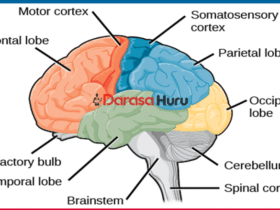




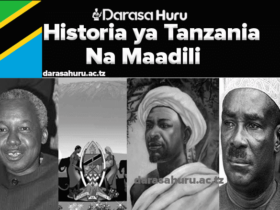



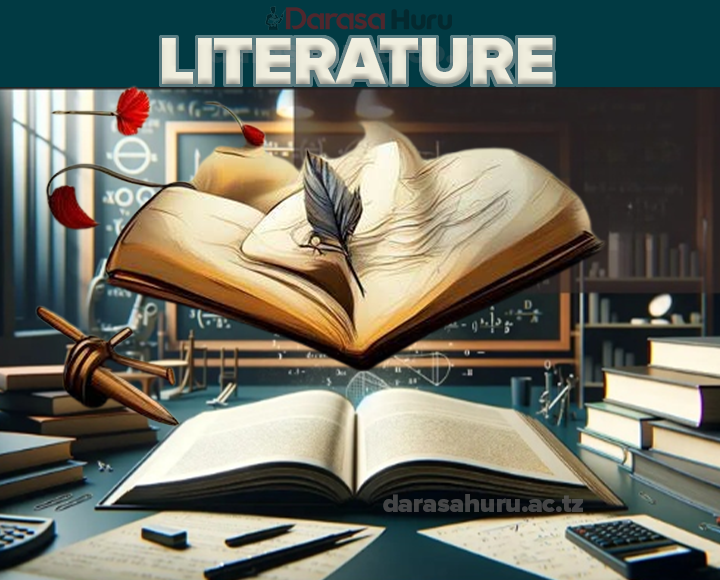
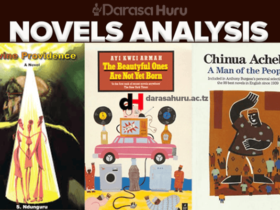

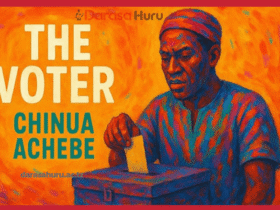


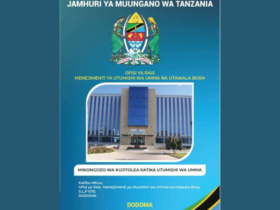


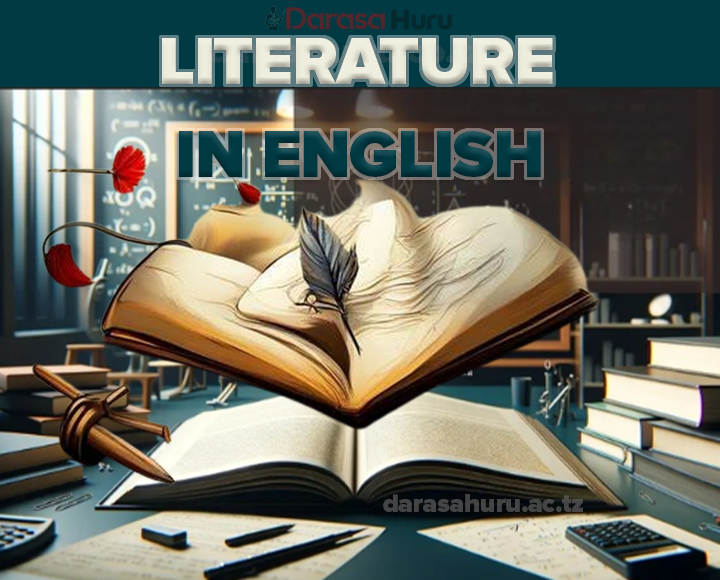


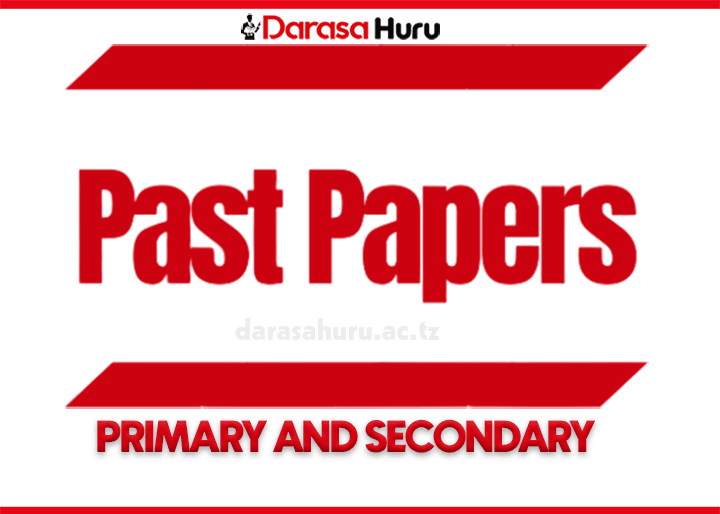









Leave a Reply